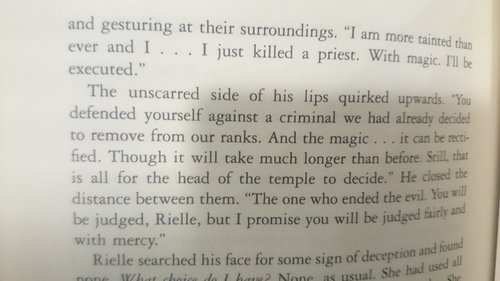Let's play this game.
You find a quote and get everyone to guess what book or who the author is.
I'll start with one.
You find a quote and get everyone to guess what book or who the author is.
I'll start with one.
Deep into that darkness peering, long I stood there, wondering, fearing, doubting, dreaming dreams no mortal ever dared to dream before.






